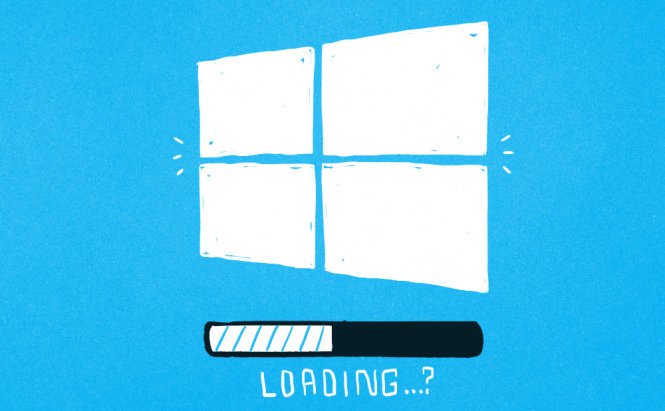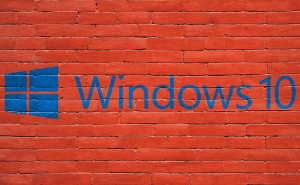 Are registry cleaners worth the effort for Windows 10 users?
Are registry cleaners worth the effort for Windows 10 users?
If you've been using Windows for a long time, then you probably know that there was a point when you would see ads for registry cleaning tools everywhere and many websites were competing to show you the best application for repairing your registry files. However, there is no longer the case and some of you may be wondering if using a tool to clean and fix your Windows registry entries is still worth the effort. The answer is: probably not.
For those of you aren't familiar with the term, the Windows Registry is a database of signatures provided by your system's hardware, settings, user accounts and installed applications. These signatures or keys are created automatically and tell the operating the system the way that it's supposed to interact with each of the previously mentioned items. Registry errors usually appear when Windows finds signatures that correspond to applications that are no longer present in your PC. Don't assume that this kind of errors only happen if you delete an application instead of uninstalling it. If you don't use a specialized uninstalling application like the ones mentioned in the "How To Remove Programs Without Affecting Your Operating System" article, most programs will leave behind faulty registry entries, even if you run their uninstaller.
Registry cleaning tools claim that by fixing registry errors and removing unnecessary registry entries, they will speed up your PC. While I can't say that they're outright lying, I can tell you that it's not the whole truth: even after you clean Windows 10's registry, you won't actually feel a change. Why? Back in the days of Windows 95, ME and even XP, computers weren't this powerful, so those registry errors might have actually slowed down your PC, but nowadays, your hardware can compensate without any kind of effort.
You may not be aware of this, but there are actually hundreds of thousands of entries in the Windows Registry, so even if the cleaner removes a thousand or two thousand items from that list, the increase in performance will be completely insignificant. Moreover, starting with Windows Vista, Microsoft has introduced virtualization, avoiding the "bloating" of the Windows Registry by virtualizing it. Lastly, in case you were wondering, Microsoft doesn't actually recommend using registry cleaners: "Some products such as registry cleaning utilities suggest that the registry needs regular maintenance or cleaning. However, serious issues can occur when you modify the registry incorrectly using these types of utilities."
So, as far as I'm concerned, using registry cleaners on Windows 10 isn't actually helpful. Nevertheless, I have to tell you that there are some exceptions when registry cleaning tools can come in handy. For example, using a cleaner to remove the leftovers from an application that integrated itself in your context menu may help the right-click menu appear faster. However, these are rare and unusual occurrences, just like the times when a registry cleaner will remove a necessary entry by mistake and compromise your operating system.
If you want to read other interesting articles related to the maintenance of Windows 10, I recommend "How to a create a USB recovery drive for Windows 10" or "How to fix Windows 10-related WiFi problems".



